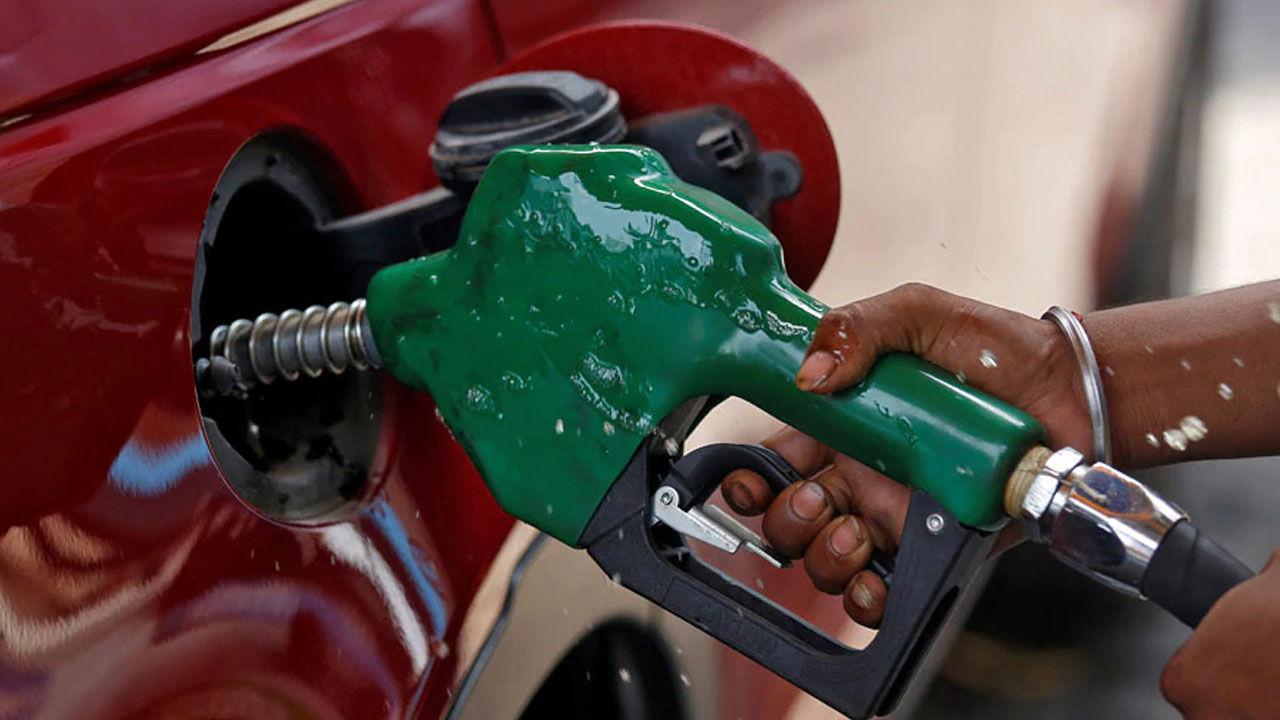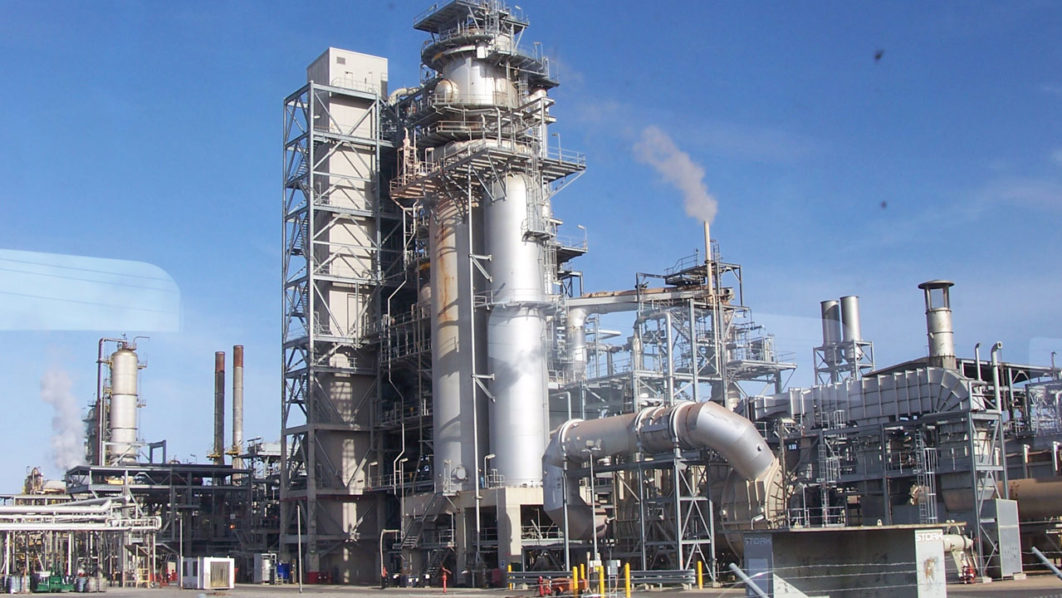Africa’s richest man, Aliko Dangote, is not a stranger to adversity or its more sinister cousin, sabotage.
One of the bitterest battles he has fought in the last 25 years – the cement war – was against his kinsman and founder of BUA Group, Abdulsamad Rabiu. Folks close to both men have tried to patch them up, but the embers are still smouldering.
Dangote’s face-off with the Kogi State Government under former Governor Yahaya Bello over rights and royalties from Dangote Cement, Obajana, for the local community, was a skirmish compared to the cement war with Rabiu.
Wealth and comfort can be strange bedfellows, often mutually exclusive in the quest to conquer one mountain after the other. Dangote knows this only too well. And nowhere has the lesson been more evident than his pursuit to own a refinery.
Just like that?
I told this story before in an article in May 2023. In the twilight of the Obasanjo administration, the government sold off two of Nigeria’s moribund refineries – Port Harcourt and Kaduna – to Blue Star, a Dangote-led consortium. Blue Star paid $670 million for the plants and walked away, thinking the deal was done. It wasn’t.
In 2007, the government of Umaru Musa Yar’Adua capitulated. It refunded Dangote under pressure from labour unions and vested interests in the refineries on the excuse that the assets were “national patrimony” that should not be sold, “just like that!” It didn’t matter that at the time of sale, both refineries produced less than 20 percent of capacity without hope or promise of improvement.
Dangote took his money and walked away, bruised but unbowed. Six years later, he announced plans to build a private refinery, first in Ogun State, and later, he moved it to Lagos with a capacity of 650,000 bpd – over 200,000 more than the installed capacity of Nigeria’s four refineries combined.
Single train revenge
Dangote’s single-train refinery, originally estimated to cost $12 billion but finished at around $20 billion, is now at the centre of another storm. It’s not about International Oil Companies (IOCs) he accused of trying to undermine him. It’s the more deadly variety of wars: the one from within.
The regulators, particularly the head of the Nigerian Midstream and Downstream Petroleum Regulatory Authority (NMDPRA), Farouk Ahmed, said in a television interview in the State House with the NNPC Group CEO, Mele Kyari, present, that Dangote Refinery was making products with unsafe Sulphur levels, and also trying to monopolise the industry.
Ahmed can raise valid safety concerns as a regulator and call out a monopoly. The Petroleum Industry Act (PIA) provides safety standards and a price reflexive framework to prevent a monopoly. Under the Act, the regulator is empowered to act in the interest of consumers and fair play.
Sulfurous things and backstory
Ahmed didn’t say precisely what the tolerable Sulphur level was or provide evidence that Dangote was trying to become a monopoly. Instead, he contradicted himself by mentioning at least two other refineries, Waltersmith and Aradel, operating at different capacities. If this were a chat in a beer parlour, it would be pardonable.
But to think that the head of a regulatory agency will levy an accusation of unsafe Sulphur levels and offer no response when he was told that neither his agency nor the NNPC had a laboratory is scary. I’m not sure why Kyari stood beside him, grinning. Or why the State House posted the video on its official handle.
But the whole show leaves a bitter, corrosive aftertaste of sulfurous proportions.
Dangote has been accused of many things. He has been accused of feeding off government indulgences, from waivers to tax breaks and preferential forex allocations, even though he was not the only beneficiary. Even the 20 percent stake in the Dangote Refinery, which we are now told the government paid only 7.2 percent, left many questions about that transaction needing to be answered.
On another front, some have accused Dangote of hedging his bet poorly in the 2023 election that brought President Bola Ahmed Tinubu to power, unlike his adversary, Rabiu, who appears to have hit the bull’s eye.
Unkindest cut
But none of these charges is as unkind as those of Ahmed, who, if shame still means anything, should not have uttered the first letter of the “S-word,” never mind the phrase “Sulphur levels.” I’m not sure he can find his way to a viable lab owned by NMDPRA or NNPC because there isn’t one. The regulators rely on third-party labs in Lagos, such as GMO, Sewort, SGS, and others, to vet its imported petroleum products.
Yet, Ahmed chooses to publicly discredit, without proof, products that we are told have been repeatedly ordered by TotalEnergies and BP, among others.
In response to a question from a LEADERSHIP reporter on Tuesday about whether NNPC has a lab, the corporation said, “NNPC conducts rigorous testing on all its products to ensure they meet global safety and quality standards,” adding that NMDPRA can provide verified data through regular official reports. What does that mean in English?
A regulator’s record
And Kyari seemed pleased with this scandalous drama even though NNPC, which he superintends, has spent about $25 billion in turnaround maintenance of moribund refineries in the last 25 years, plus the recent $1.5 billion spent on his watch for more turnaround. One of the subsidiaries, PHRC, employed 487 new staff four years ago and paid N23 billion in salaries without producing one litre of petrol.
All that consumers are asking for, after losing a significant part of the battle for price, is the availability of petroleum products. God knows what they are getting under the current monopolistic system, which permits NNPC to play around with import licences, are long queues, contaminated products, and a regulator mockingly claiming to be a public company.
Suppose Dangote Refinery is in breach of any regulations; what steps have the regulators taken to call the refinery to order or help them overcome, except if they claim there was evidence of a malicious default? Our officials spend hundreds of thousands of dollars touring the world for foreign investors only to chew local investors with a microphone in a fit of what? Rage, sabotage, indiscretion or stupidity?
Feuding parties
The closed-door meeting among the feuding parties, which Tinubu ordered on Monday, may keep them on a leash for a while, but it hardly addresses the underlying issues. If products from the Dangote Refinery currently exceed the Sulphur levels – as Dangote had also said on a different occasion – why can’t the regulator work with the refinery to fix it without a scandalous press conference?
And is the talk about monopoly a fear-induced trope? How can Ahmed even speak of a monopoly when supply is hardly available, and the current distortionist-in-chief is NNPC, the sole importer of petrol and sole awarder of import licences for diesel?
It doesn’t smell good. Dangote Refinery is only 45 percent complete – the entire plant? Yet, Kyari and Ahmed joined former President Muhammadu Buhari in commissioning the plant last year? Seriously?
After years of working with petrol importers in his former life as the chief executive of PPMC, Ahmed is struggling with his new role as a regulator. He deserves public sympathy and can get it without being a retailer of beer parlour gossip or a bagman for vested interests.
Ishiekwene is Editor-In-Chief of LEADERSHIP and author of the new book Writing for Media and Monetising It
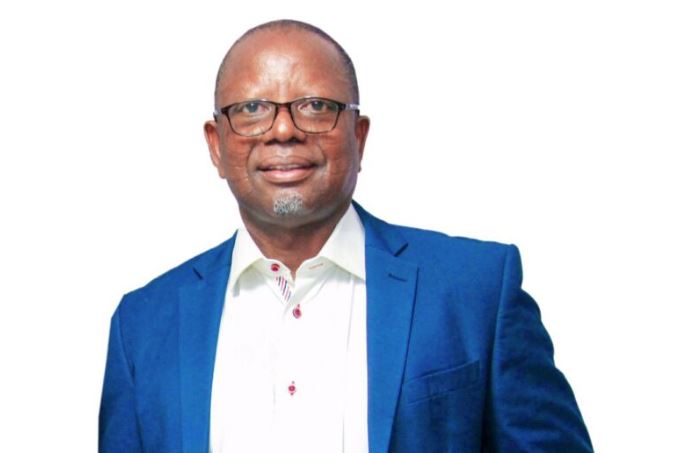

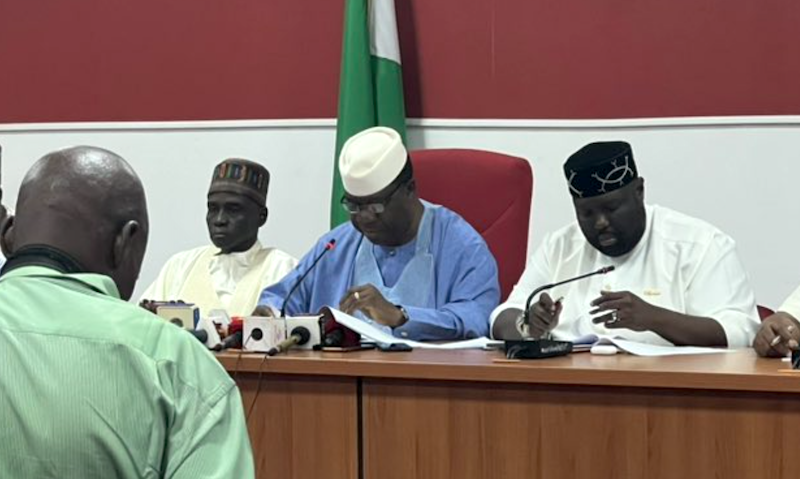
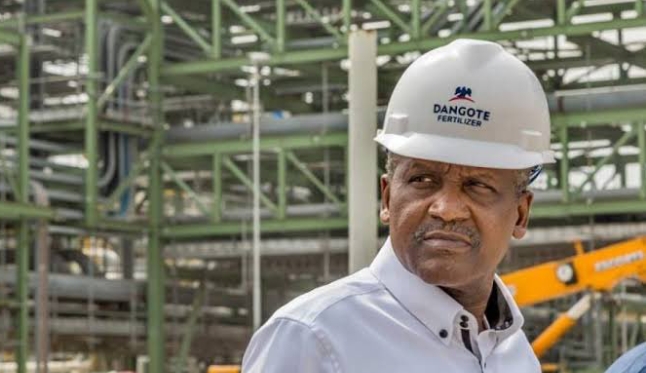
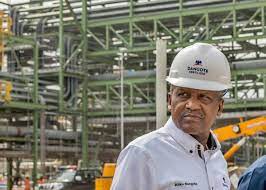
![BREAKING: Fire hits Dangote refinery [VIDEO]](https://thenewsguru.ng/wp-content/uploads/2022/09/Dangote-Group.png)
